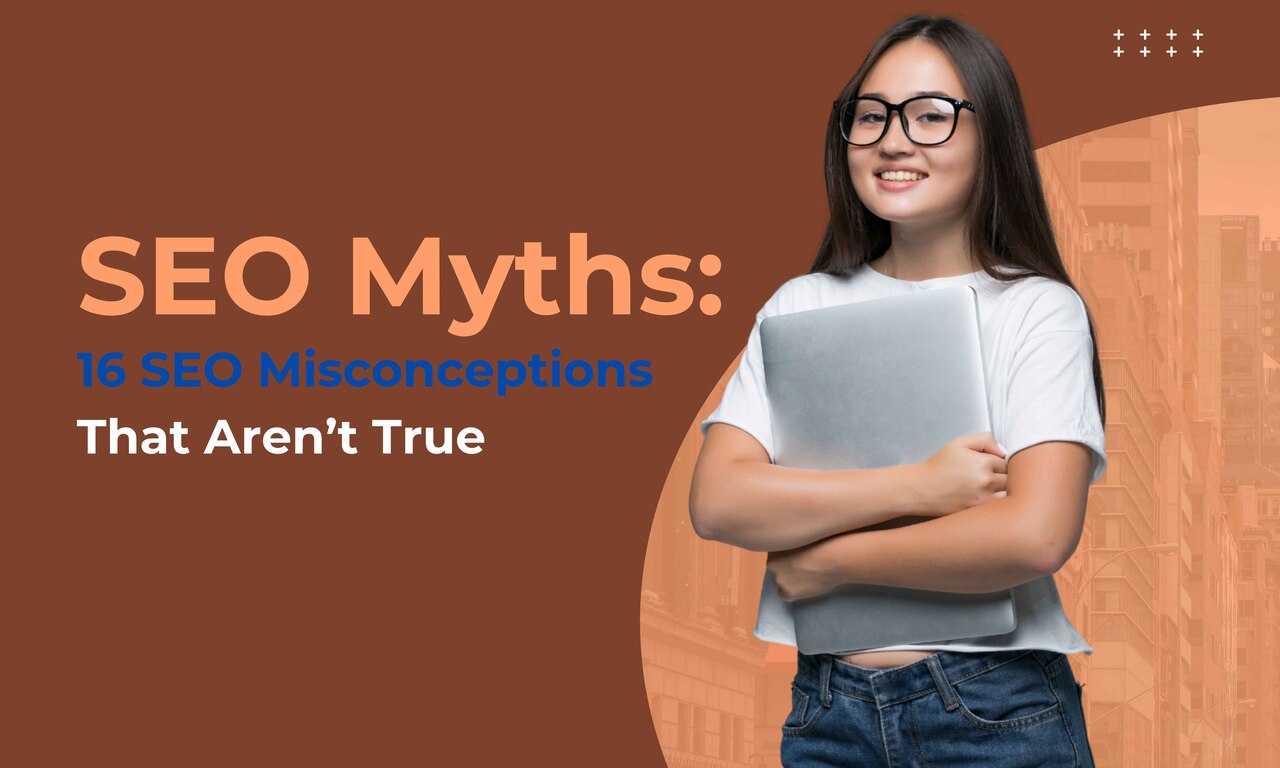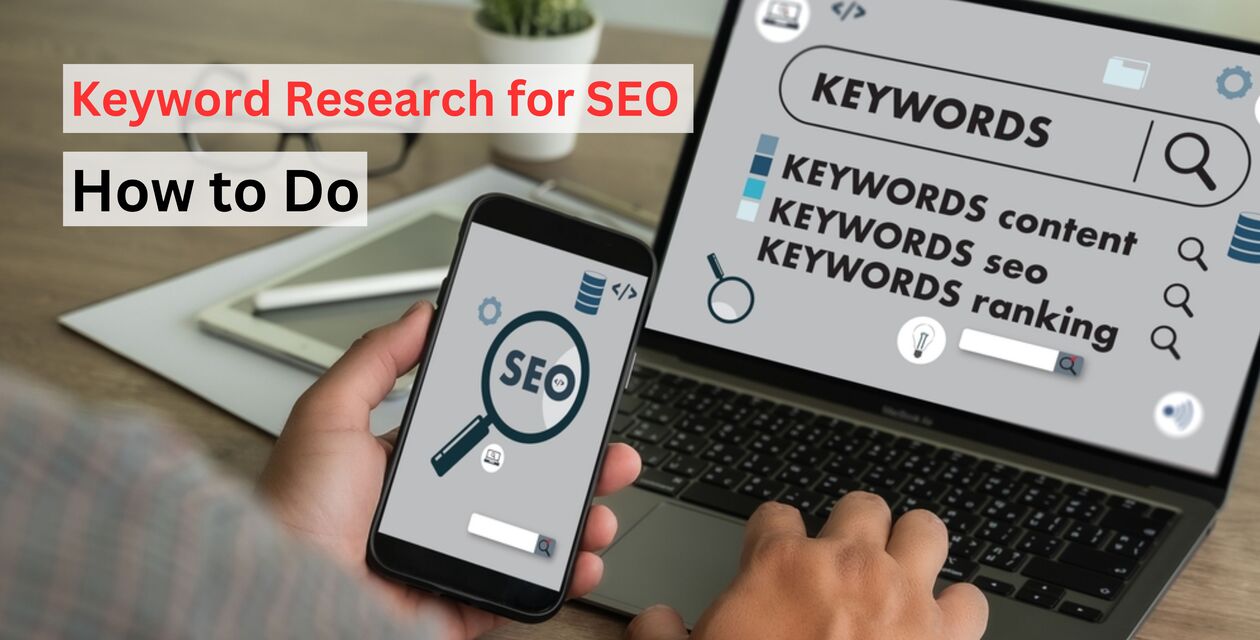SEO (Search Engine Optimization) is essential for improving website visibility, but many myths and misconceptions of SEO can mislead businesses and marketers. At RSXigital – Premier Digital Marketing Agency, we believe in debunking these myths to help you achieve better results. Let’s break down common SEO myths and uncover the truth.
What is the SEO Myth?
SEO myths are common misconceptions and false beliefs about how search engine optimization works. These myths can lead businesses to make ineffective decisions that may hinder their online growth. Understanding the truth behind these misconceptions is essential to developing a successful SEO strategy.
P.S.
Before diving into these myths, it’s essential to recognize that SEO is a constantly evolving field. Misunderstandings can lead to ineffective strategies and lost opportunities. Staying informed and adapting to changes is key to achieving lasting success.
SEO Myth 1: SEO is a One-Time Effort
Truth: SEO is an ongoing process. Search engines continuously update their algorithms, and competitors are always optimizing their websites. Regular updates, content improvements, and performance monitoring are crucial for long-term success. Ignoring continuous efforts is one of the biggest misconceptions of SEO. Successful SEO involves adapting to trends, algorithm changes, and evolving user behaviors.
SEO Myth 2: Keyword Stuffing Improves Rankings
Truth: Using too many keywords unnaturally can harm your website. Search engines prefer well-written, valuable content that uses keywords naturally. Focus on delivering relevant and engaging content instead of overloading it with keywords. Avoiding keyword stuffing is a crucial SEO guideline for better results. Effective keyword usage includes semantic search optimization and focusing on search intent.
SEO Myth 3: More Backlinks Mean Higher Rankings
Truth: Quality matters more than quantity. Search engines evaluate backlinks based on their relevance and authority. A few high-quality links from reputable sites can boost your rankings more than numerous low-quality links. Building quality backlinks should always be a priority in your SEO strategy. Engaging in ethical link-building techniques such as guest blogging and industry collaborations is key.
SEO Myth 4: SEO Guarantees Instant Results
Truth: SEO takes time. It can take weeks or months to see significant improvements. Factors like competition, website authority, and content quality influence how quickly you achieve results. Patience and consistent efforts are key aspects of SEO guidelines for success. Setting realistic goals and tracking incremental progress help manage expectations.
SEO Myth 5: Meta Tags Are No Longer Important
Truth: While meta tags alone won’t guarantee high rankings, they still play a role in SEO. Well-optimized meta titles and descriptions improve click-through rates and provide search engines with valuable page information. Ignoring meta tags is another common misconception of SEO. Properly structured metadata helps improve content visibility and relevance.
SEO Myth 6: Duplicate Content Leads to Penalties
Truth: Duplicate content doesn’t always result in penalties, but it can confuse search engines and dilute ranking potential. It’s best to create unique, high-quality content to provide a better user experience and follow SEO guidelines effectively. Using canonical tags and regularly auditing content helps maintain clarity.
SEO Myth 7: Social Media Directly Affects Rankings
Truth: Social media doesn’t directly impact search rankings, but it helps in driving traffic and increasing brand visibility. Sharing content on social platforms can enhance engagement and improve indirect SEO benefits. This misconception of SEO leads many to over-prioritize social media efforts. Leveraging social signals can improve brand awareness and website authority.
SEO Myth 8: Paid Ads Boost Organic Rankings
Truth: Paid ads (PPC) and organic search are separate. Investing in ads can drive traffic but won’t directly influence organic rankings. Both strategies should work together for overall online visibility. Understanding the difference between paid and organic search is a critical SEO guideline. Using insights from PPC campaigns can help refine SEO strategies.
SEO Myth 9: More Pages Mean Better SEO
Truth: Quality trumps quantity. Having a large number of pages won’t improve SEO if they lack valuable content. Focus on creating useful, well-structured pages that meet user intent. The misconception of SEO here is that quantity beats quality. Consolidating thin content and focusing on pillar content improves website authority.
SEO Myth 10: SEO is Just About Rankings
Truth: SEO is not just about getting to the top of search results. It also focuses on improving user experience, website speed, mobile-friendliness, and conversion rates. A comprehensive approach following SEO guidelines is essential. Prioritizing technical SEO, content relevance, and site usability ensures long-term success.
SEO Myth 11: Having a Sitemap Improves Your SEO Ranking
Truth: While having a sitemap can help search engines crawl your site more efficiently, it does not directly improve rankings. A well-structured site with good internal linking and high-quality content is more important for ranking success.
SEO Myth 12: You Should Believe an SEO Company When They Guarantee Fast Results
Truth: SEO is a long-term strategy, and no legitimate SEO company can guarantee immediate rankings. Achieving sustainable results requires continuous optimization, high-quality content, and adherence to best practices.
SEO Myth 13: You Only Need to Do SEO Once
Truth: SEO is an ongoing process. Search engines evolve, and competitors continue optimizing their sites. To maintain and improve rankings, you must consistently update and optimize your website.
SEO Myth 14: If You Don’t Get the First Position, Your SEO is Failing
Truth: Ranking in the first position is not the only measure of success. Generating consistent traffic, increasing engagement, and converting visitors are equally important indicators of a successful SEO strategy.
SEO Myth 15: Your Mobile Site Doesn’t Impact Your Ranking
Truth: Mobile-friendliness is a crucial ranking factor. With Google’s mobile-first indexing, having a responsive, fast-loading mobile site is essential for better rankings and user experience.
SEO Myth 16: SEO is All About Technical Optimization
Truth: While technical optimization is important, SEO is much more than just fixing site structure and adding meta tags. It involves creating valuable content, building a strong backlink profile, and enhancing user experience. A balanced SEO strategy focuses on content relevance, user intent, and ongoing engagement with your audience. Ignoring content strategy and focusing only on technical aspects is a major misconception in SEO.
SEO Guidelines for Better Performance
To ensure your SEO efforts are effective, follow these essential guidelines:
- Conduct Keyword Research: Identify relevant keywords that align with your audience’s intent and avoid the misconception of SEO that more keywords equal better rankings.
- Optimize On-Page Elements: Use keywords naturally in titles, headers, and content.
- Improve Page Speed: Fast-loading websites enhance user experience and rankings.
- Ensure Mobile Friendliness: A responsive design is crucial for ranking on mobile searches.
- Build Quality Backlinks: Earn links from authoritative and relevant websites.
- Regularly Update Content: Fresh, valuable content keeps users engaged and improves rankings.
- Monitor Analytics: Use tools like Google Analytics to track performance and make informed adjustments.
- Focus on User Experience: Easy navigation and relevant content boost engagement and reduce bounce rates.
- Leverage Internal Linking: Proper linking helps search engines understand site structure.
- Follow SEO Guidelines Consistently: Applying the right SEO strategies over time leads to sustainable results.
By understanding the truth behind SEO myths and misconceptions and following best practices, you can develop a successful SEO strategy that delivers long-term results with the support of RSXigital, the Premier Digital Marketing Agency.




